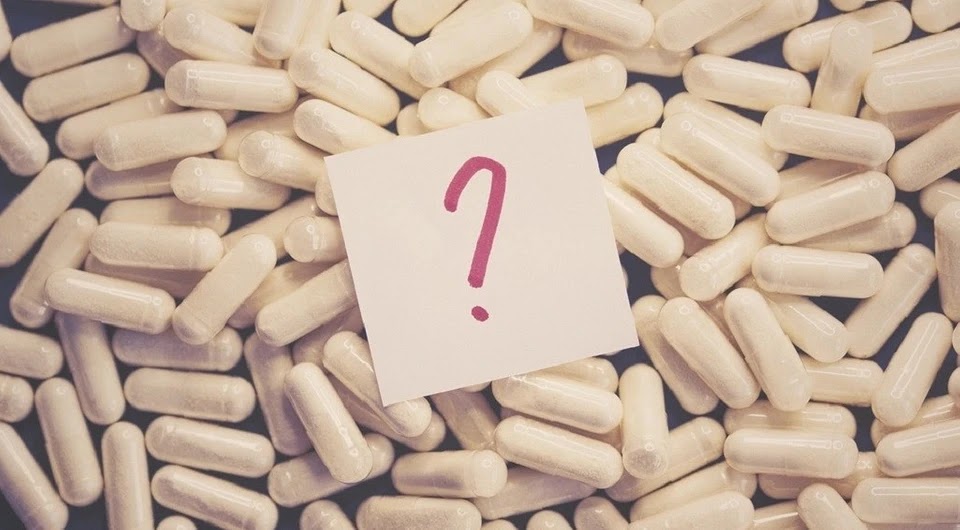We always want to get that very magic pill - from everything, including to increase immunity. But does she exist? Theoretically, yes. We figured out together with an expert what immunomodulators are and whether they can be taken.
Immunomodulators are biologically active substances that affect the immune system. Among immunomodulators, immunostimulants (substances that enhance immunity) and immunosuppressants (substances that suppress immunity) are distinguished.
What is the difference between immunomodulators and immunostimulants
Immunomodulatory drugs are quite diverse, both in terms of the mechanism of action and purpose. So, for example, among them there are both means to improve immunity and immunosuppressants. They are used, for example, in autoimmune, oncological diseases. They can lower the activity of the immune system.
As for immunostimulants, everything is more complicated. They are designed to improve and strengthen the immune system. But at the moment there is no magical miracle remedy that can do this. But this does not prevent many from drinking immunostimulants for colds.
All immunomodulators, which so colorfully promise to "raise and strengthen" the immune system, refer either to homeopathic preparations, or to placebo, or to remedies with a real active substance, but it is not known how active.
Let's say right away that this group of drugs is actively advertised and prescribed only in the territory of the post-Soviet space, in all developed countries they are prohibited.
What's the catch
- Placebo-controlled: one group of people take the real drug, the other a placebo (dummy)
- Randomized: people are assigned to groups randomly
- Double-blind: both participants and researcher are blinded. That is, the participants and the researcher do not know who is taking the real and who is taking the placebo.
When can they be appointed?
- Multiple sclerosis
- Various types of cancer
- Tuberculosis
- Rheumatoid arthritis
- Crohn's disease (chronic or long-term disease that causes inflammation of the digestive tract)
- Ulcerative colitis
- Genital warts (warts on the genitals caused by the human papillomavirus)
- Pericarditis (swelling, irritation of the thin sac-like tissue surrounding the heart)
- Still's disease (rare condition that causes high fever, rash, joint pain)
- Bronchiolitis obliterans (a type of obstructive lung disease that affects the small airways)
- Kidney transplant rejection
- Leak capillary syndrome (a rare condition characterized by recurring bursts of massive leakage of plasma from blood vessels into adjacent body cavities and muscles)
- Friedreich's ataxia (a rare genetic disease that causes difficulty walking, loss of sensation in the arms, legs, speech impairment)
- Amyotrophic Lateral Sclerosis (a progressive neurodegenerative disease that affects nerve cells in the brain and spinal cord)
- Hemophagocytic lymphohistiocytosis (a rare disease that usually occurs in infants and young children)
- Demyelinating polyneuropathy (a neurological disorder characterized by progressive weakness, impaired sensory function in the arms and legs)
- Muckle-Wells syndrome (a disorder characterized by recurrent episodes of skin rash, fever, joint pain)
Immunomodulators: is it worth taking
Possible side effects
- drowsiness , fatigue, constipation, low white blood cell count, neuropathy (painful nerve damage).
- increased risk of blood clots.
- serious birth defects in the baby if taken during pregnancy.
- flu-like symptoms such as fever, chills, fatigue.
- burning sensation in the bladder.
- skin reactions.



0 Comments